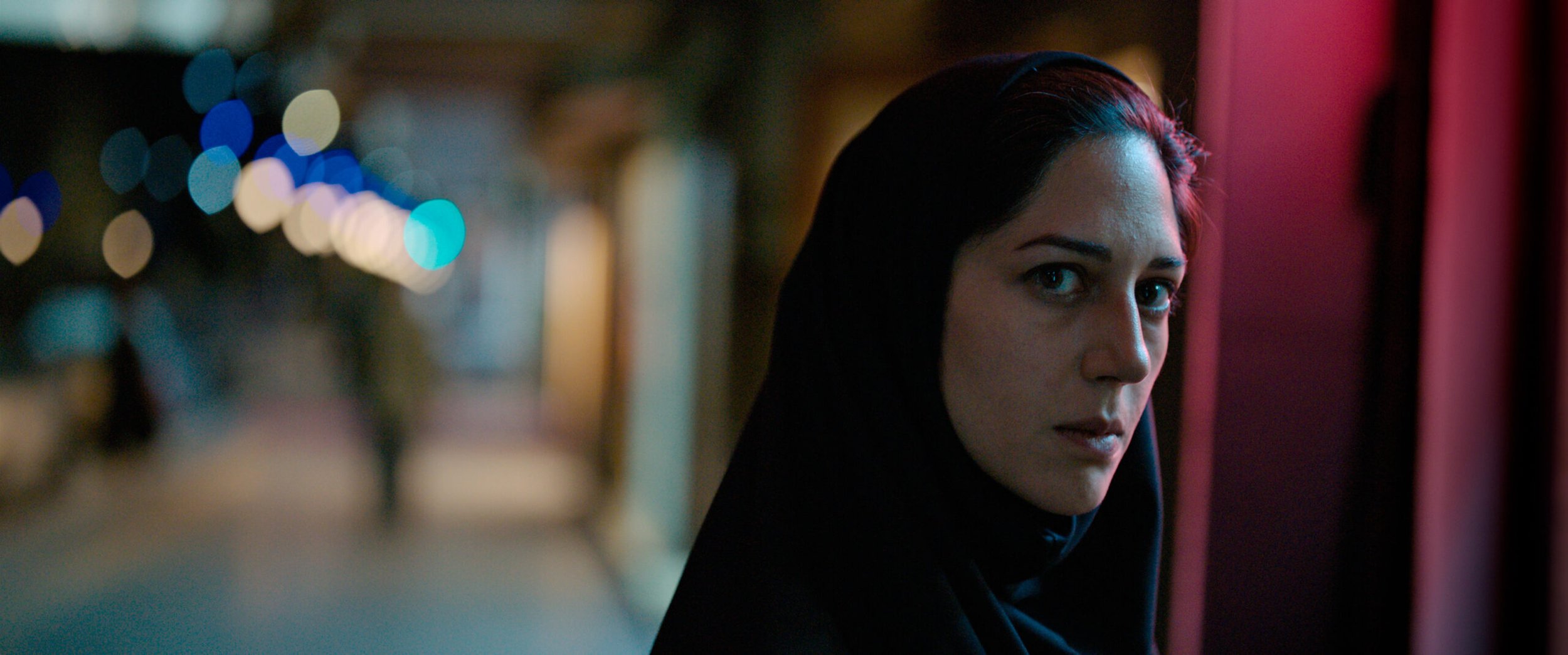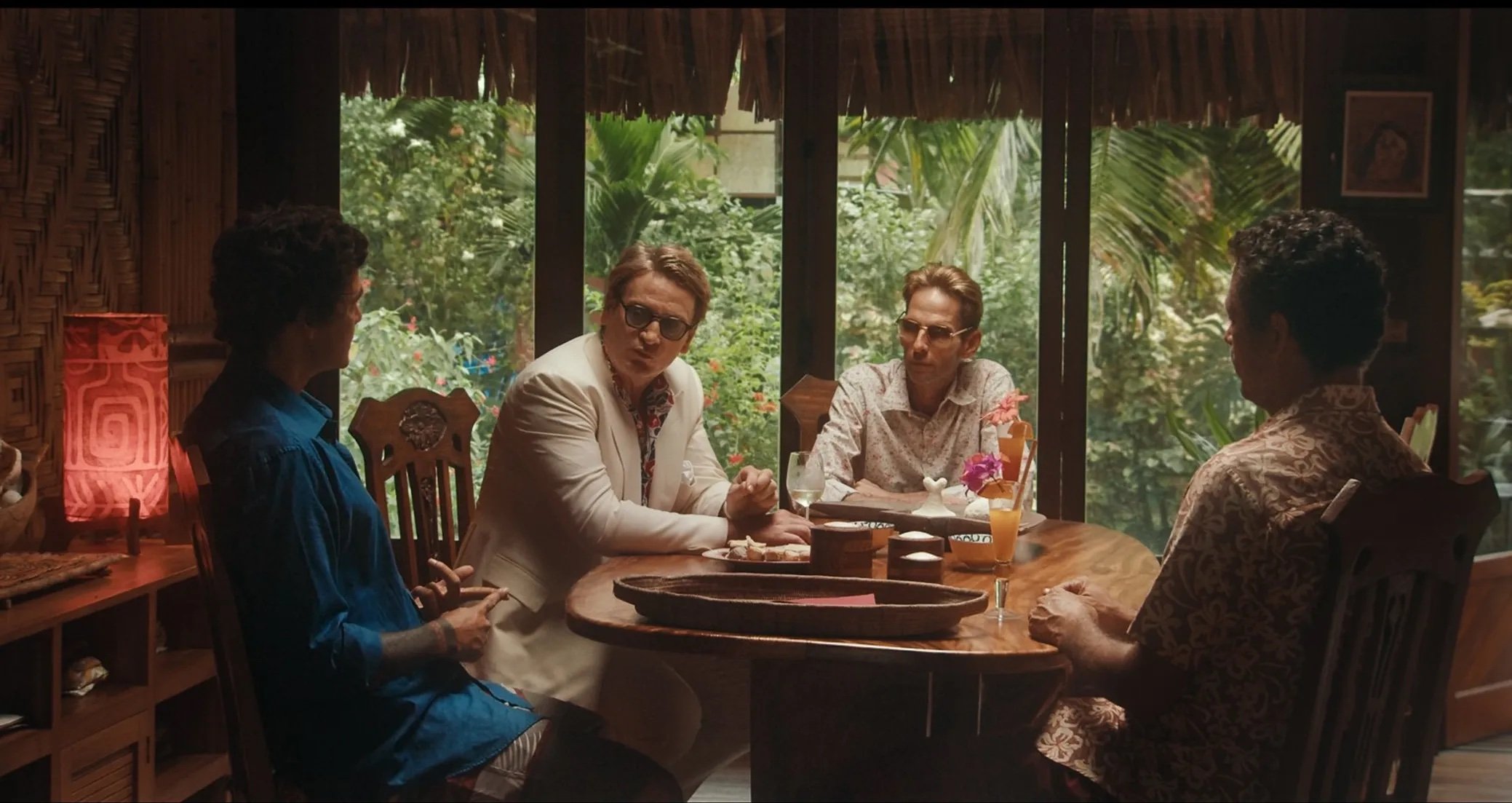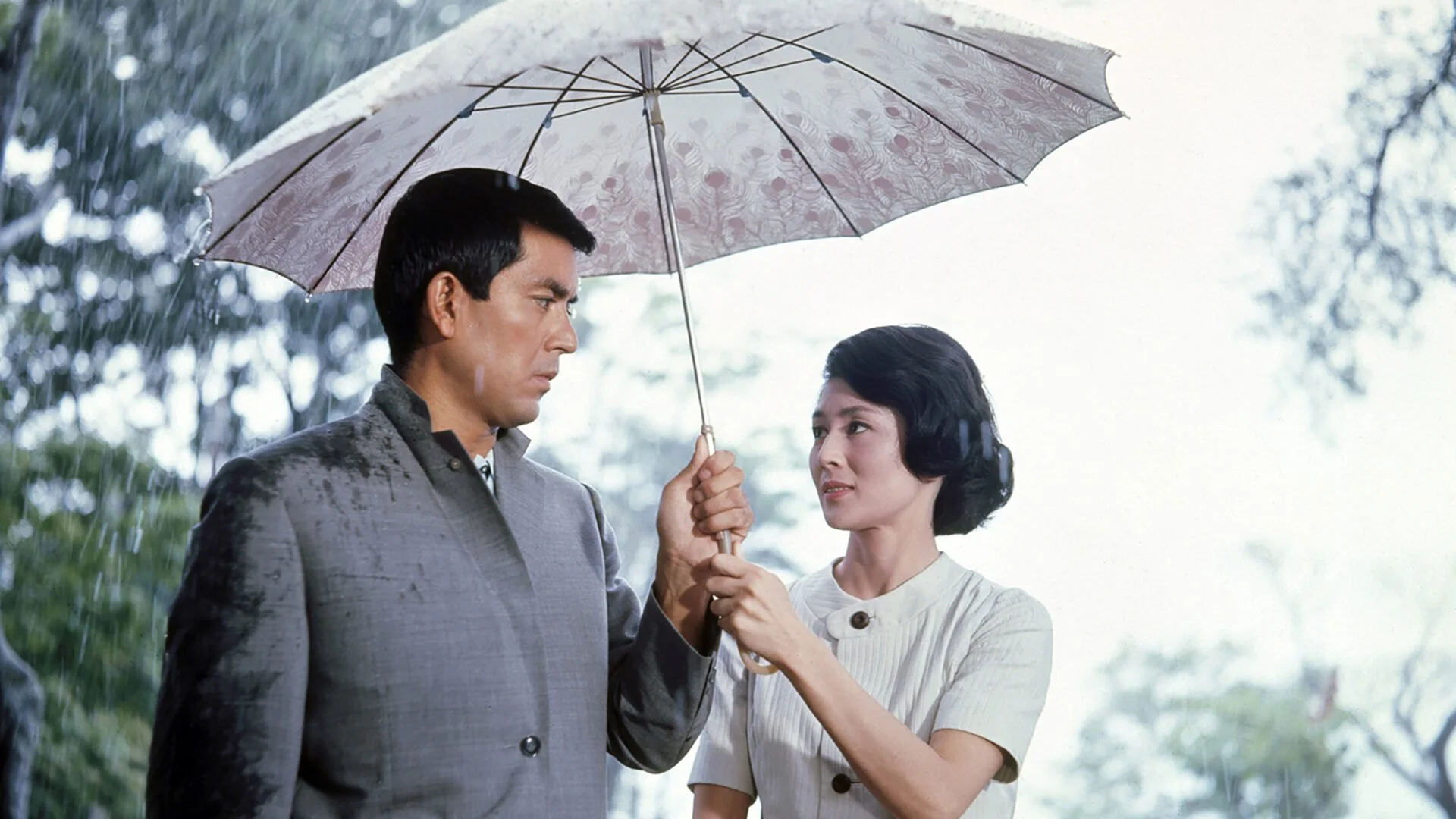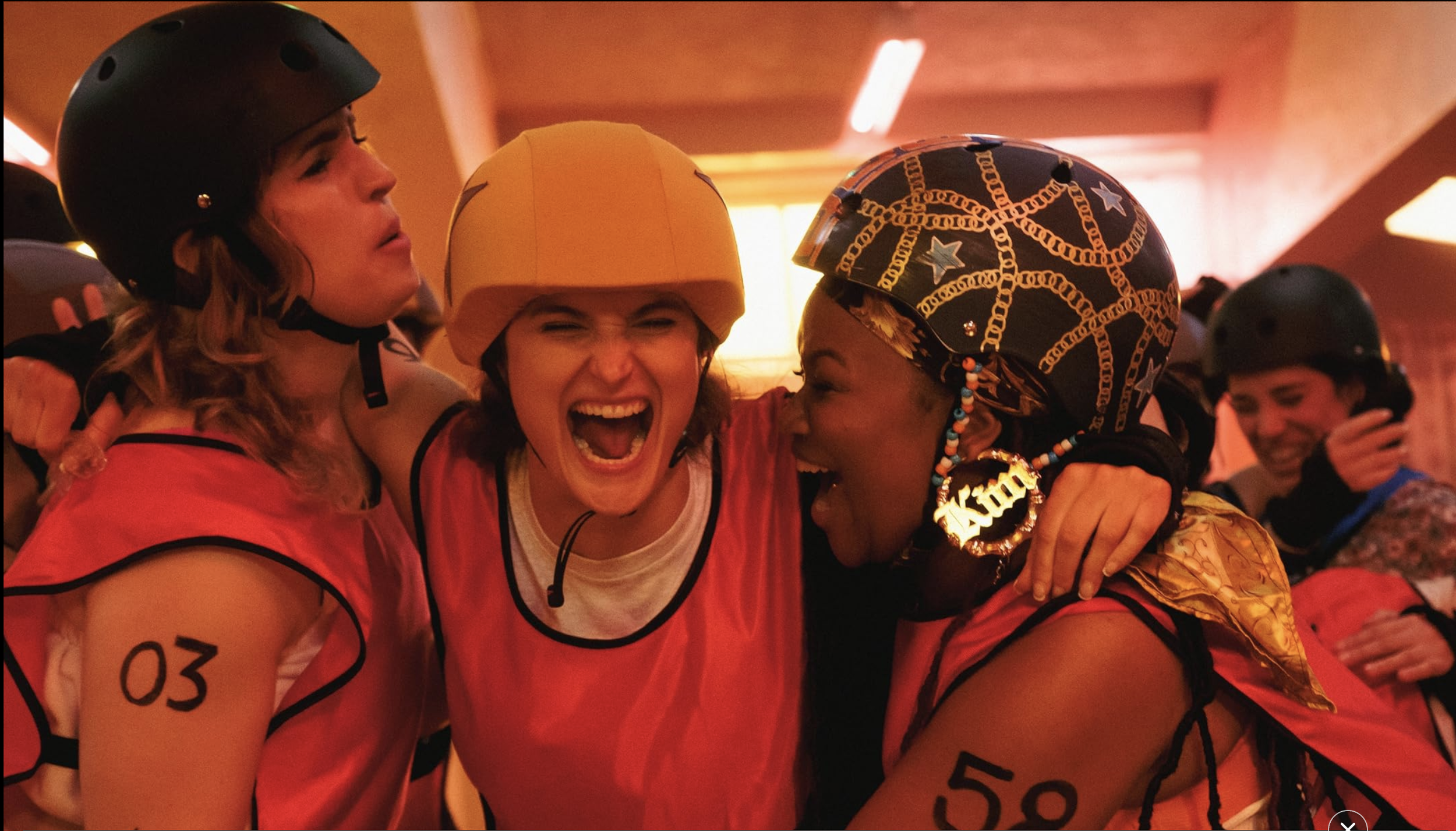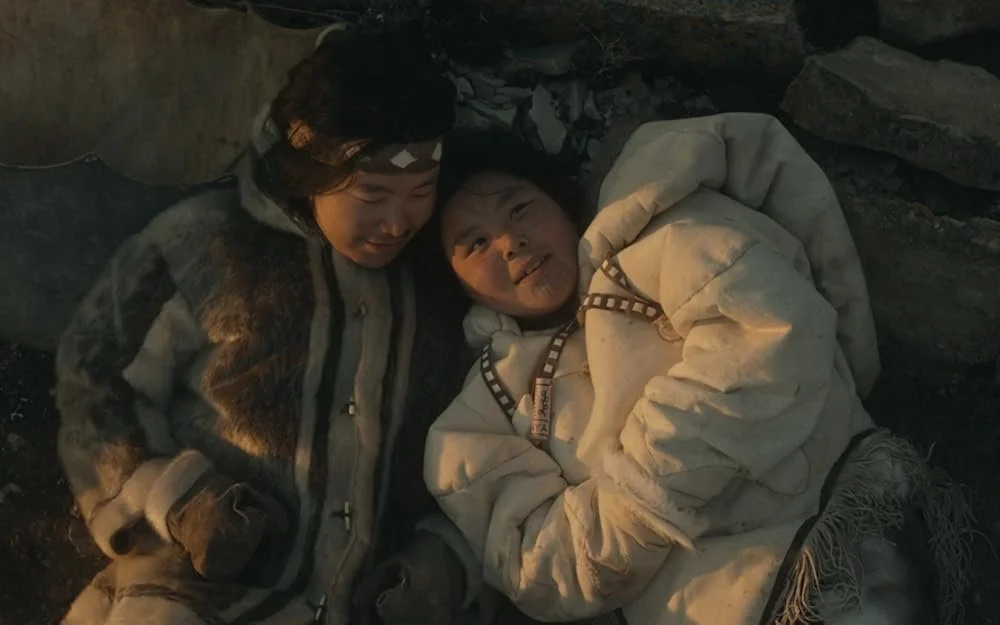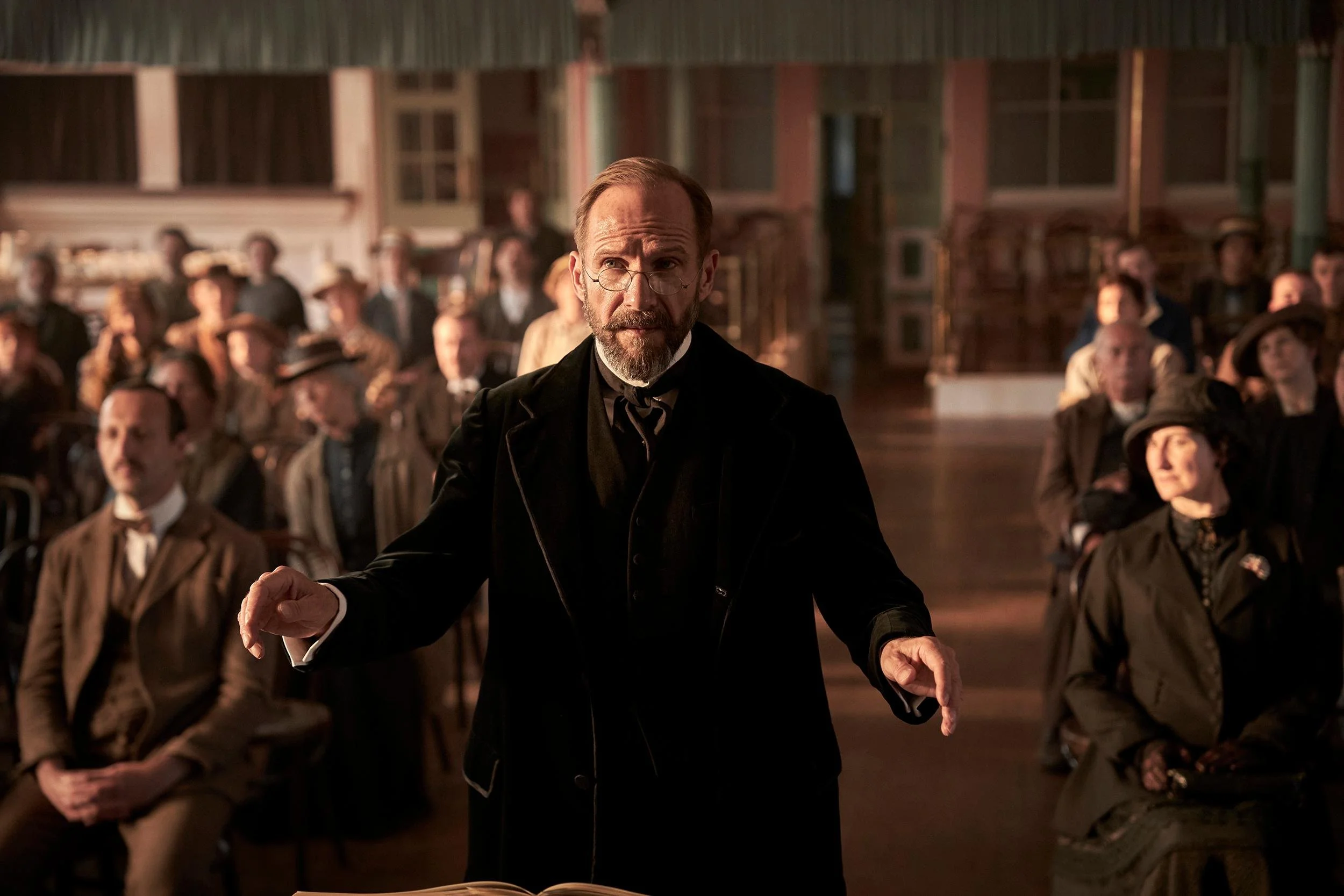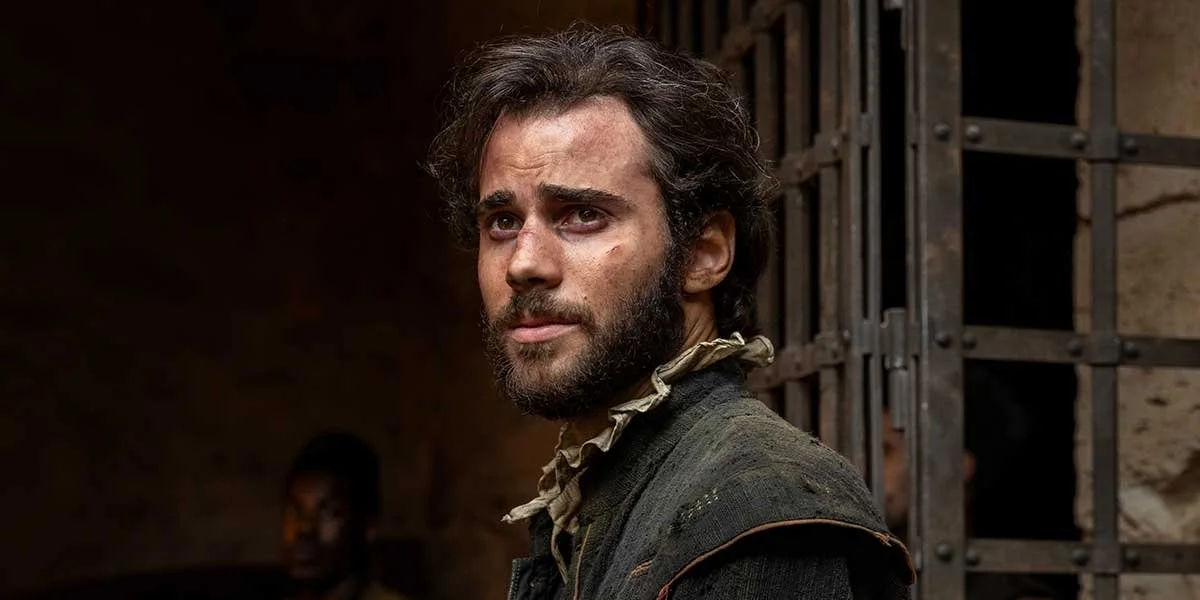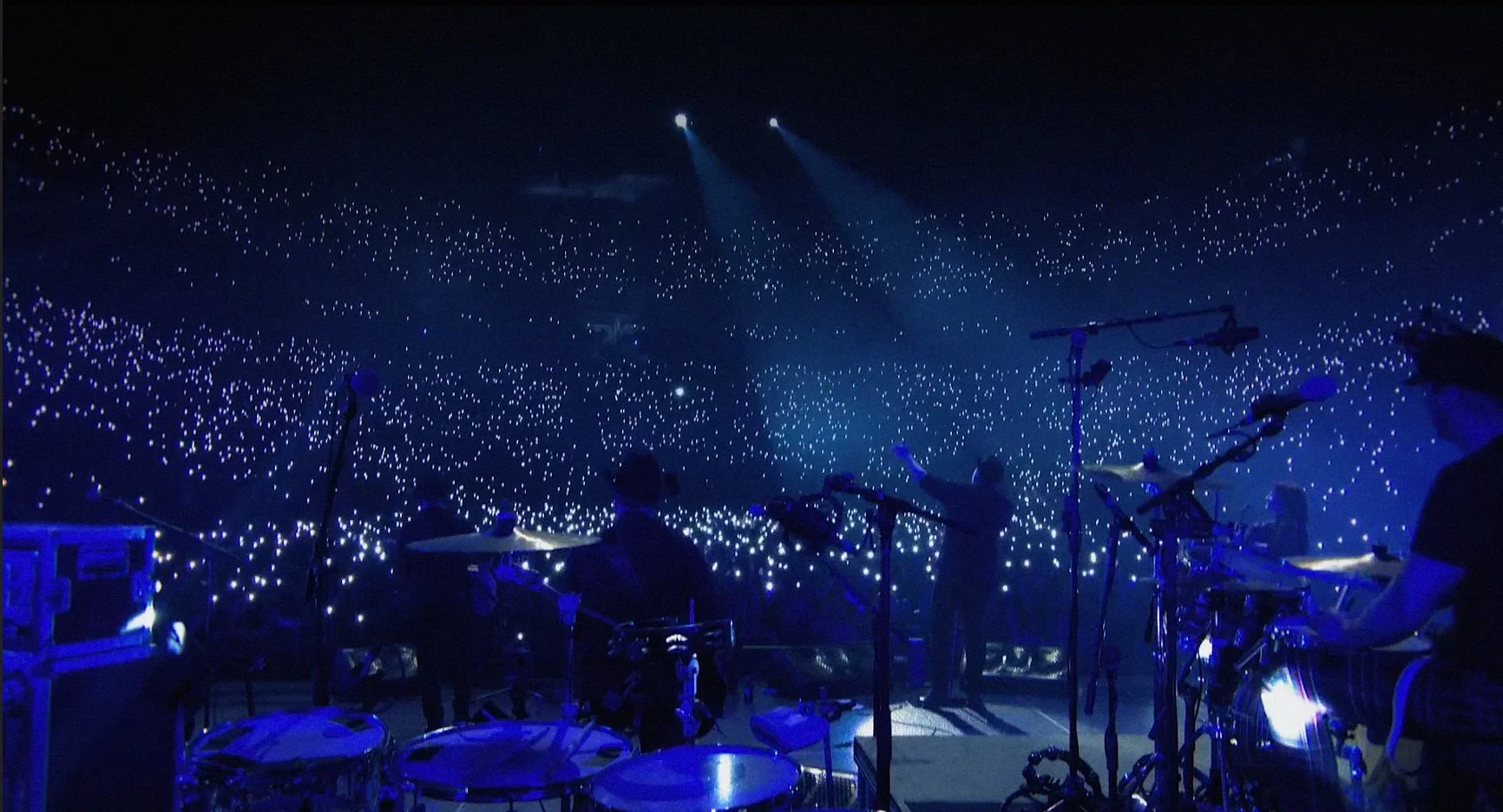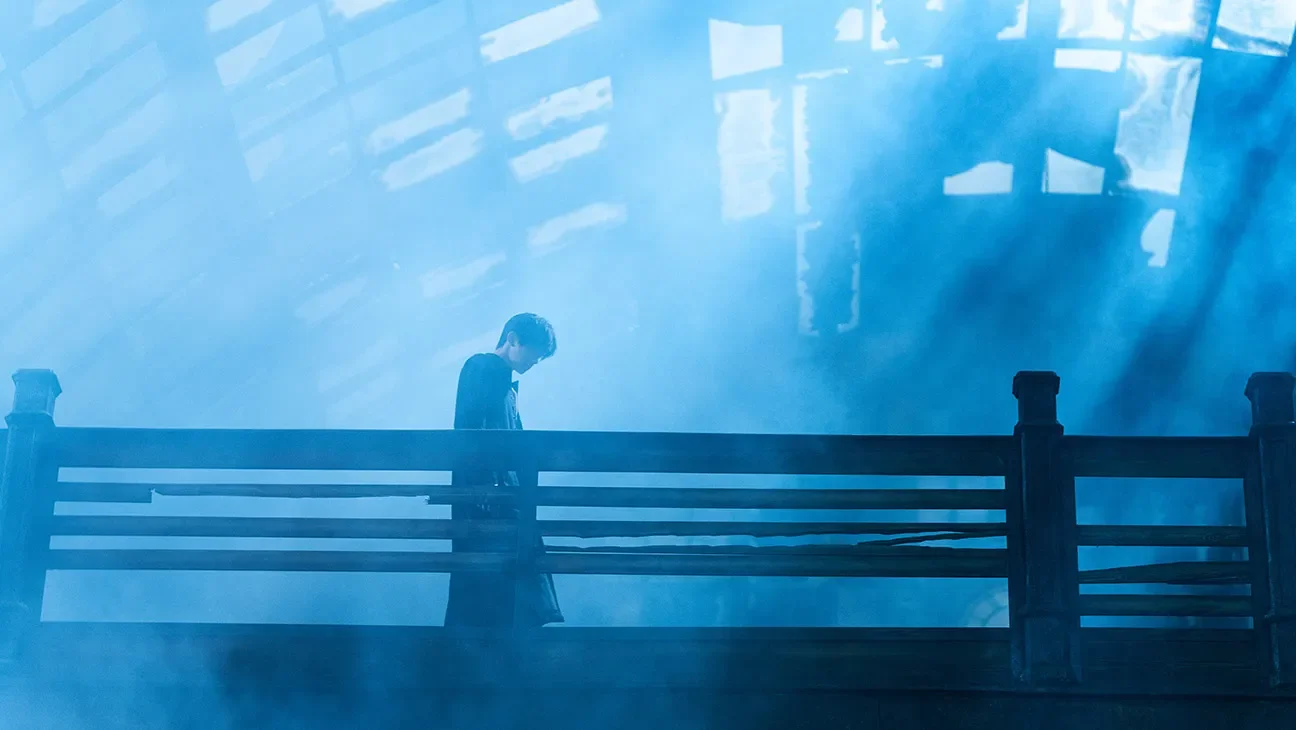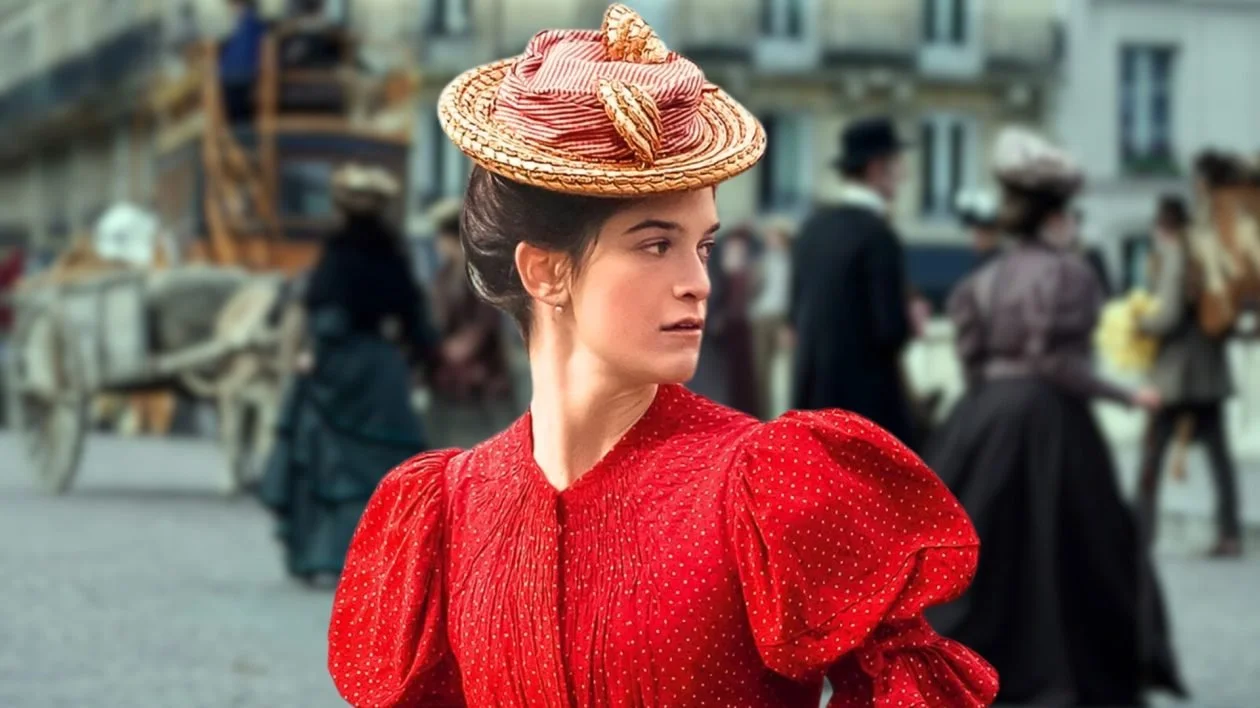For those who like to squirm: 3 Vancouver International Film Festival picks to unsettle and astonish
Holy Spider, Pacifiction, and Other Cannibals are guaranteed to work their way under your skin
Holy Spider looks at morality, zealotry, and the treatment of women in Iran.
Holy Spider screens at Vancouver Playhouse on October 7 at 9:15 pm and SFU’s Goldcorp Centre for the Arts on October 9 at 9:30 pm; Pacifiction screens at International Village on October 1 at 9 pm and Vancouver Playhouse on October 9 at 5:30 pm; and Other Cannibals screens at Vancity Theatre on October 3 at 6 pm and at The Cinematheque on October 5 at 6:30 pm
SOME OF US LIKE to leave the movie theatre with a knot in our stomach. We want art and entertainment that vibrates with anxiety. We crave unease because it gives us pleasure. In that spirit, a trio of features at this year’s Vancouver International Film Festival are worth recommending, making their way under the viewer’s skin either obliquely, or, as in the case of Holy Spider, with a more direct attack on our nervous system.
Written (with Afshin Kamran Bahrami) and directed by Ali Abbasi, Holy Spider semi-fictionalizes the true story of Saeed Hanaei, a veteran of the Iran-Iraq war who murdered 16 sex workers in the Iranian city of Mashhad at the turn of the century. Abbasi invents a female journalist, Rahimi (Zahra Amir Ebrahimi), who muscles her way into the case while fending off the predations of a sleazy police chief and the pious grumblings of the city’s religious leaders. As such, Holy Spider scores some easy points about the Islamic states’s treatment of women. It’s implied by the title: Saeed either believes or mendaciously claims his mission to rid the city of “immoral” women comes with God’s permission. In turn, local authorities seem weirdly ambivalent about his work.
But Abbasi is too perverse to leave it at that. He dropped a bomb on contemporary debates over identity and gender politics with 2018’s wonderful Border, about two animalistic trolls pursuing their authentic, hairy selves inside modern Denmark. Holy Spider is no less inquisitive, with an almost incidental reference to 9/11 giving wider dimension to Saeed’s crusade. The film’s most daring move is to invite sympathy for its monster, a vicious killer who’s also a playful and loving father. (Little-known actor Mehdi Bajestani is outstanding in the role.)
In its final scenes, when we couldn’t hate him more, Holy Spider still manages to evince some pity for the would-be martyr, while a coda involving Saeed’s teenage son adds a sucker punch on the way out. These are people psychically deformed by war, zealotry, and the cynical authorities that govern them. Saeed’s victims occupy the very worst place inside a grotesque cycle of ideological derangement and violence that Holy Spider tries to understand, and it’s a challenging experience.
Pacifiction imagines a timeless French colonial Interzone drenched in languor and decadence.
If Abbasi smuggles his provocations into a solidly conventional framework, Pacifiction disquiets the viewer with three colour-saturated hours of lucid dreaming. On paper, the film is set in Tahiti. On screen, it imagines a timeless French colonial Interzone drenched in languor and decadence, where Navy men visit iniquitous bars staffed by androgynes, Portuguese diplomats find themselves prey to mysterious sleeping maladies, and rumours of renewed nuclear testing ruffle the locals.
Wafting through all of this like a Graham Greene character in a queer ‘50s porno novel is the perfectly named De Roller, a rakish French High Commissioner played with mesmerizing elan by Benoît Magimel (The Piano Teacher). He politicks his way through almost every scene of the film’s hazily imputed “plots”, which, in any case, play second fiddle to erotic humidity and cinematographer Artur Tort’s frequently astonishing compositions.
If you can believe it, Catalan filmmaker Albert Sarra is unusually well-behaved with this ravishing exercise in slowburn weirdness, up until a wild punchline which finally collapses all the film’s mounting dread into something both absurd, and—if you’ve been paying attention to recent developments in global affairs—terrifyingly plausible. It’s worth the wait.
If Pacifiction is elusive in its storytelling, Other Cannibals, by newcomer Francesco Sossai, is stubbornly non-communicative. All we know is that tall, lanky machinist Fausto (Walter Giroldini) and pint-sized academic Ivan (Diego Pagotto) have made mysterious arrangements to convene at the former’s family cottage in the Italian Dolomites, to carry out something possibly related to the film’s title.
In oppressive black and white, and with an arid comic undertone (their mismatched physicality is like a running visual gag), the two strangers proceed to bicker, drink, drop acid, and generally fuck around while failing to complete their esoteric task. A visit to the local bar creates a grisly expectation that doesn’t transpire, but something has surely happened by the time Fausto is back at the factory, where the film’s run-on approach is punctuated by a shockingly blunt act.
Relaxed and deadpan, Other Cannibals might recall early Jim Jarmusch while pointing back with some irony to one of Italian cinema’s less wholesome episodes, when it was churning out gleefully racist shockers in the '70s and ‘80s about flesh-eating tribespeople in the Amazon. A warning: those grindhouse gut-munchers were notorious for including scenes of real animal slaughter, and Other Cannibals doesn’t spare its more middlebrow audience from equivalent horrors. You won’t feel dirty afterwards. But you will feel a little unsettled, probably in the area of your belly.


